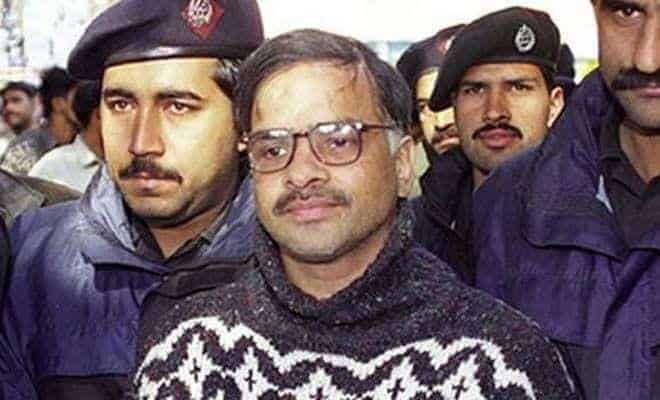Javed Iqbal Mughai was a serial killer who did the unthinkable. He was found guilty of the sexual abuse and murder of 100 boys. This made Iqbal one of the deadliest serial killers in history. A Pakistani judge felt it was apt to give the criminal a punishment he deserved.
Javed Iqbal was the sixth child (fourth son) of Mohammad Ali Mughal, a well-off trader. He started his own business in 1978 when he was an intermediate student at the Islamia College. His father bought two villas in Shadbagh. Iqbal set up his steel recasting business in one of the houses and lived there for years along with boys who were his victims until he eventually turned himself in.
In 1999 Iqbal sent a letter to Lahore police in Pakistan. In the letter he confessed everything. “I have killed 100 beggar children and put their bodies in a container,” he wrote. He claimed he strangled and dismembered the bodies of orphans and runaways living on the streets of Lahore and that cops could come by his home and find the evidence. Iqbal also claimed he was motivated to do this as revenge against police when he was arrested and assaulted on charges of sodomy. (He was not convicted on those charges.)

Whatever his motivation, he was very focused on luring young boys to their deaths. He opened a video game shop in Shadbagh, and would offer tokens to boys for free. He would sometimes throw a 100 rupee note on the floor and watch the boy who would pick it up. Then he would announce that his money had been stolen and he had to search everybody. The ‘thief’ would be caught and taken and punished. When word of strange things going down in the shop spread, Iqbal set up a fish aquarium and later a gym, again to attract boys.
Police and reporters did indeed find plenty of evidence in Iqbal’s home. There were bloodstains on the walls and floors and photos of victims in plastic bags. Everything was neatly labeled, but bodies were not neatly disposed of. Instead, the human remains were partially dissolved in acid. A note left behind said this was all intentional as Iqbal was ready to be caught.
Iqbal’s letter also confessed he would drown himself in the Ravi River. Police dragged the river with nets and found nothing. In response they launched the largest manhunt Pakistan has ever seen. Iqbal had teenage accomplices. They were immediately arrested. One allegedly jumped from a window within days of his arrest.

